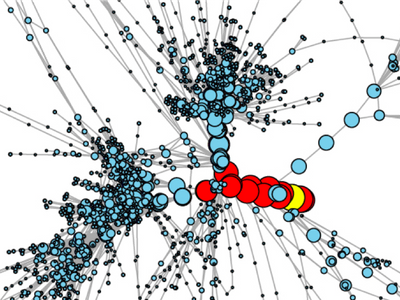Based on recommendation from KTH’s coordinator for disabilities, the examiner will decide how to adapt an examination for students with documented disability.
The examiner may apply another examination format when re-examining individual students.
If the course is discontinued, students may request to be examined during the following two academic years.
Grading will be based on the on the project report and the project interview.
The report and the interview will have equal weight for the grade.
In the project report, the project results will be evaluated in terms of correctness and completeness, and the presentation will be evaluated regarding structure and readability.
In the interview, students will be evaluated for their understanding of the project objective, approach, and results.
Grade A means the student has executed the complete project, has obtained correct results, and has produced a readable and concise report. Further, the student has answered well to all interview questions.
To pass the course, the student has executed the complete project, has obtained correct results for significant project parts, has produced a readable report, and has answered correctly to most interview questions.
Requirements for passing the course are that the student successfully completes both course projects and passes an assessment interview.
